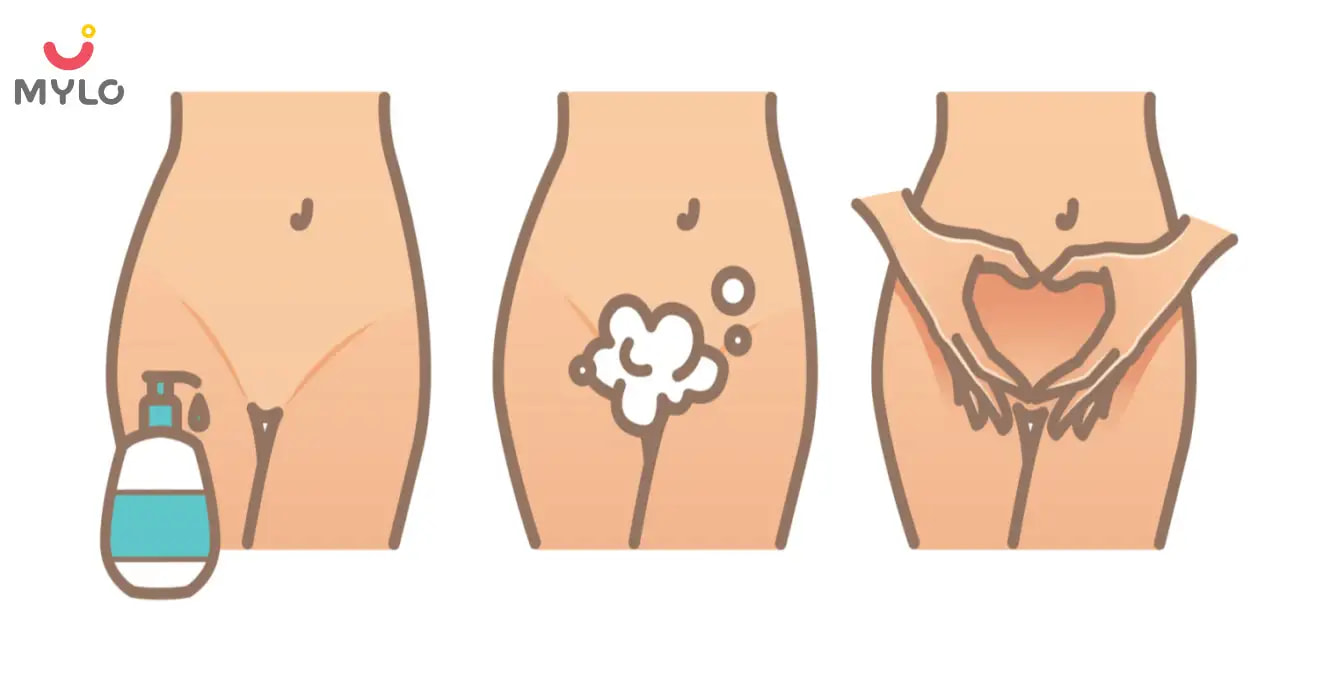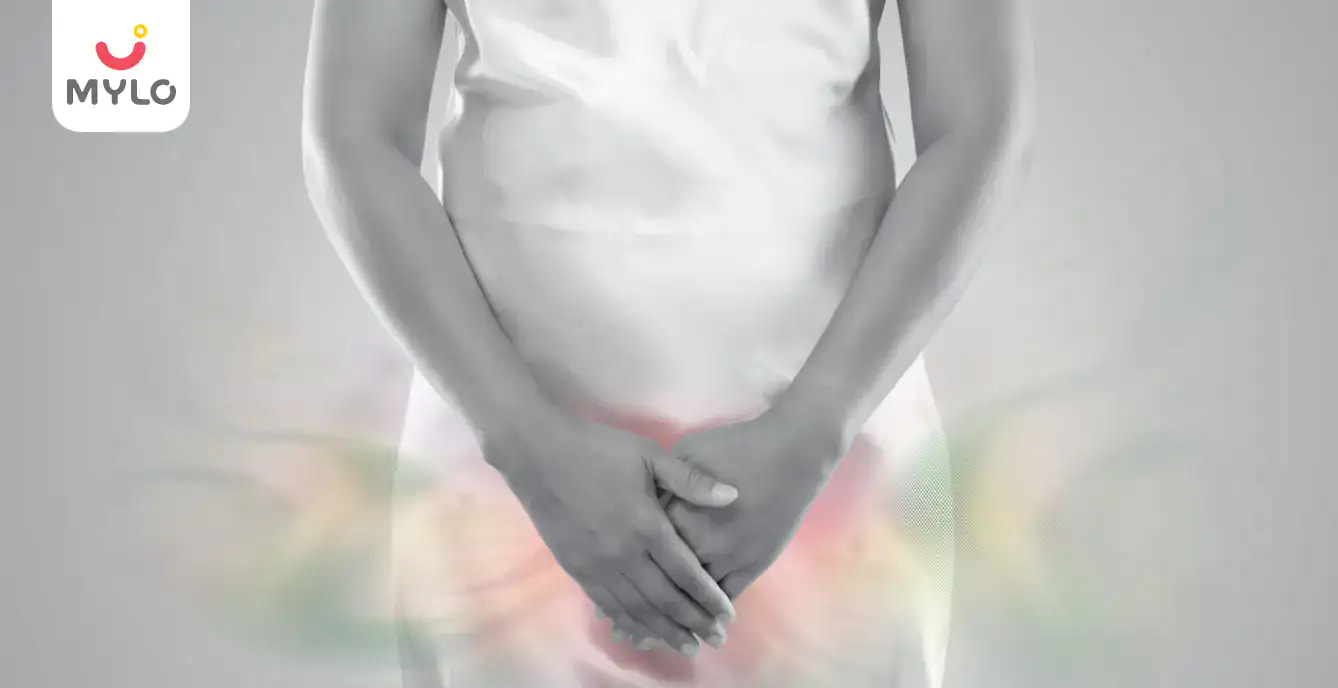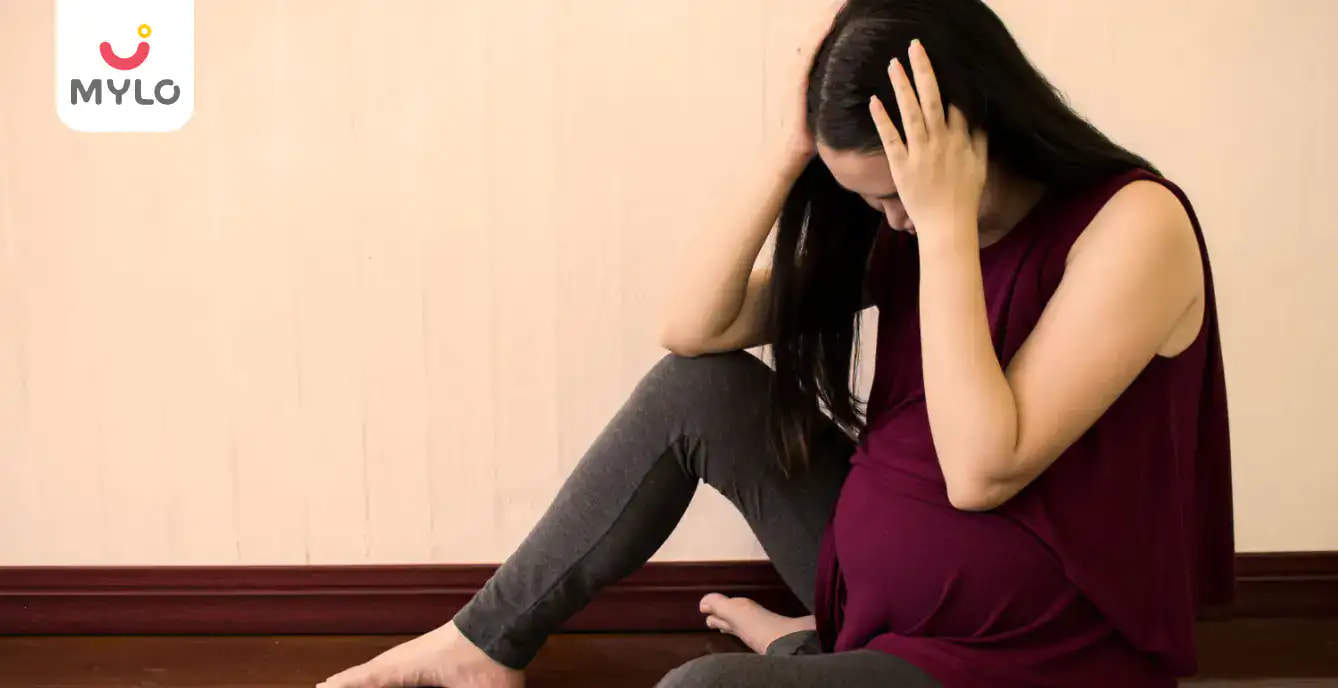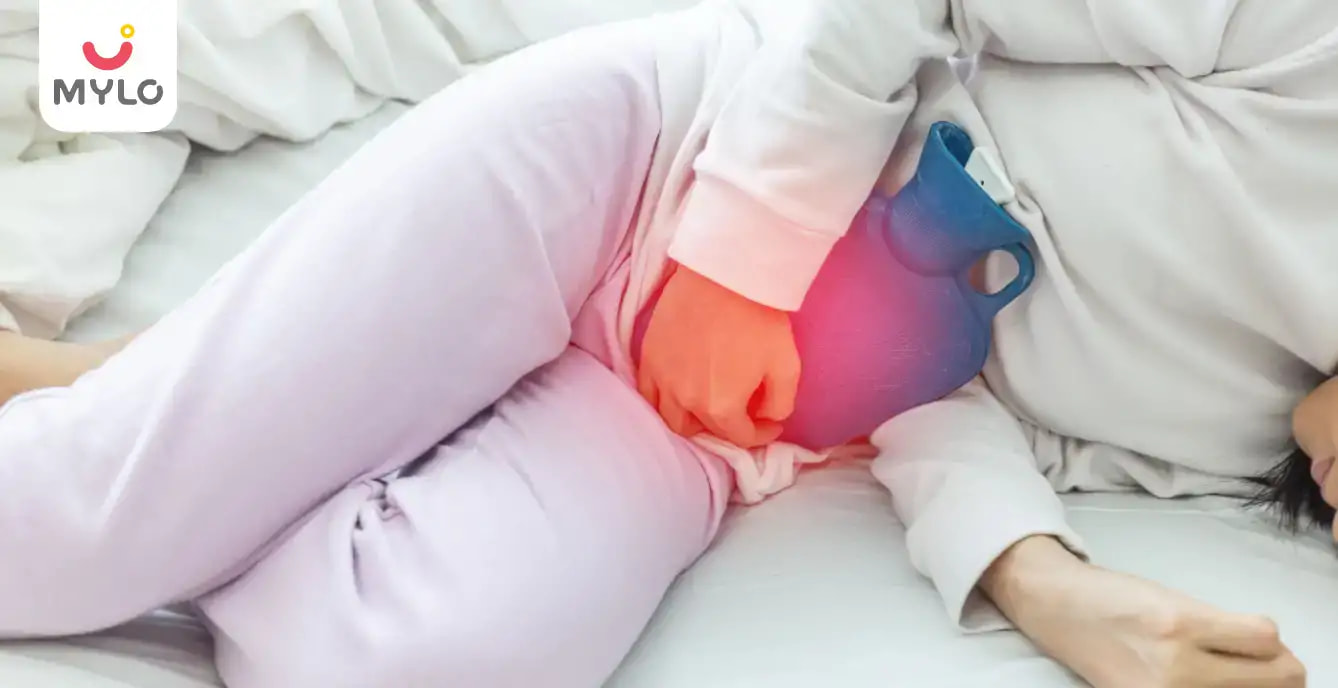Home

Illnesses & Infections

Diagnosis and Treatment of Vaginal infections during pregnancy to prevent any complications
In this Article

Illnesses & Infections
Diagnosis and Treatment of Vaginal infections during pregnancy to prevent any complications
Updated on 6 March 2023



Medically Reviewed by
Kusum Sabharwal
Obstetrician & Gynecologist - MBBS| DGO
View Profile

Pregnancy is when a woman's body undergoes significant changes, including hormonal shifts and immune system changes. These changes can make women more susceptible to vaginal infections during pregnancy. If left untreated, these infections can cause discomfort, pain, and other complications. Therefore, pregnant women need to be aware of the symptoms of vaginal infections and seek prompt medical attention.
Do you have itching or awkwardness near the vaginal? Does it bother you much during pregnancy? Women's body undergoes numerous hormonal changes in the prenatal period. Some of these changes affect the vagina during pregnancy and cause infection. You can effectively wipe off this infection by following a couple of tips and precautions.
The shifts in hormones raise the risk of the growth of unwanted bacteria in the vagina. During pregnancy, the yeast grows at an expanding rate. Excess production of bacteria causes severe urinary tract infection and bacterial vaginosis too. However, vaginal infection is common during pregnancy. It can be cured if diagnosed in the initial stages.
Signs of vaginal infection
Dryness and pain in the vagina, rash on the skin in and around the vagina, Constant itching, a thick white discharge, awful odor from the vagina, and burning sensation during sex. The symptoms can rest for several weeks. It depends on how severe the condition is.
Also read: Vaginal Itching During Pregnancy- Symptoms and Treatment
Types of Vaginal Infections During Pregnancy
Several types of vaginal infections can occur during pregnancy. These include:
-
Bacterial Vaginosis (BV): BV is a common infection caused by an imbalance of bacteria in the vagina. Symptoms include a strong, fishy odor, itching, and discharge.
-
Yeast Infection: Yeast infections are caused by an overgrowth of yeast in the vagina. Symptoms include itching, burning, and a thick, white discharge.
-
Trichomoniasis: Trichomoniasis is a sexually transmitted infection caused by a parasite. Symptoms include itching, burning, and a frothy, greenish-yellow discharge.
-
Group B Streptococcus (GBS): GBS is a type of bacteria that can be found in the vagina or rectum of some women. While it usually doesn't cause symptoms, it can be passed to the baby during delivery and cause serious infections.
Diagnosis of Vaginal Infections During Pregnancy
If a pregnant woman suspects a vaginal infection, she should contact her healthcare provider immediately. The provider will likely perform a pelvic exam and take a sample of the vaginal discharge to be tested. Sometimes, they may take a urine sample or do a blood test to rule out other conditions.
Treatment of Vaginal Infections During Pregnancy
The treatment of vaginal infections during pregnancy depends on the type of infection. Here are some common treatments:
- Bacterial Vaginosis: BV is usually treated with antibiotics, such as metronidazole or clindamycin. These antibiotics can be taken orally or inserted directly into the vagina.
- Yeast Infection: Yeast infections can be treated with antifungal medications, such as miconazole or clotrimazole. These medications can be taken orally or inserted into the vagina.
- Trichomoniasis: Trichomoniasis is usually treated with antibiotics, such as metronidazole. These antibiotics can be taken orally or inserted into the vagina.
- Group B Streptococcus: If a woman tests positive for GBS, she will receive antibiotics during labor to reduce the risk of passing the infection to the baby.
Tips that help in eliminating vaginal infection
-
Hygiene is the most important when it comes to the eradication of infection. Always wear clean and dry cotton panties. It keeps the area near the vagina neat and clean.
You may like: Is It Safe to Use an Intimate Wash to Clean the Vagina During Pregnancy?
-
Pregnant women are advised not to wear tight clothes. Fitted wear makes the skin unable to sweat properly. It generates the formation of bacteria in the vagina. You should try maternity panties to avoid friction at the area to remain comfortable.
-
Often wash the vagina and the surrounding area properly. The vaginal contains a self-cleaning agent, so you do not need to apply soap. Washing with clean water is enough.
-
After washing, wipe the area appropriately; the bacteria can travel from your anus to the vagina.
The presence of bacterial infection may cause consequential complications during pregnancy. The expectant mom can opt for medication after consulting the practitioner. Ensuring precautions against bacteria supports a healthy mom and baby.
Conclusion
Vaginal infections are common during pregnancy and can cause discomfort and other complications if left untreated. Pregnant women should be aware of the symptoms of vaginal infections and seek prompt medical attention if they suspect an infection. With proper diagnosis and treatment, most vaginal infections can be easily treated, reducing the risk of complications for both mother and baby. By practicing good hygiene, wearing breathable clothing, using condoms, and eating a healthy diet, pregnant women can also reduce their risk of vaginal infections.





Medically Reviewed by
Kusum Sabharwal
Obstetrician & Gynecologist - MBBS| DGO
View Profile


Written by
Ishmeet Kaur
Ishmeet is an experienced content writer with a demonstrated history of working in the internet industry. She is skilled in Editing, Public Speaking, Blogging, Creative Writing, and Social Media.
Read MoreGet baby's diet chart, and growth tips

Related Articles
RECENTLY PUBLISHED ARTICLES
our most recent articles

Festivals & Celebrations
8 Ways to Empower Women with Digitalisation this International Women's Day
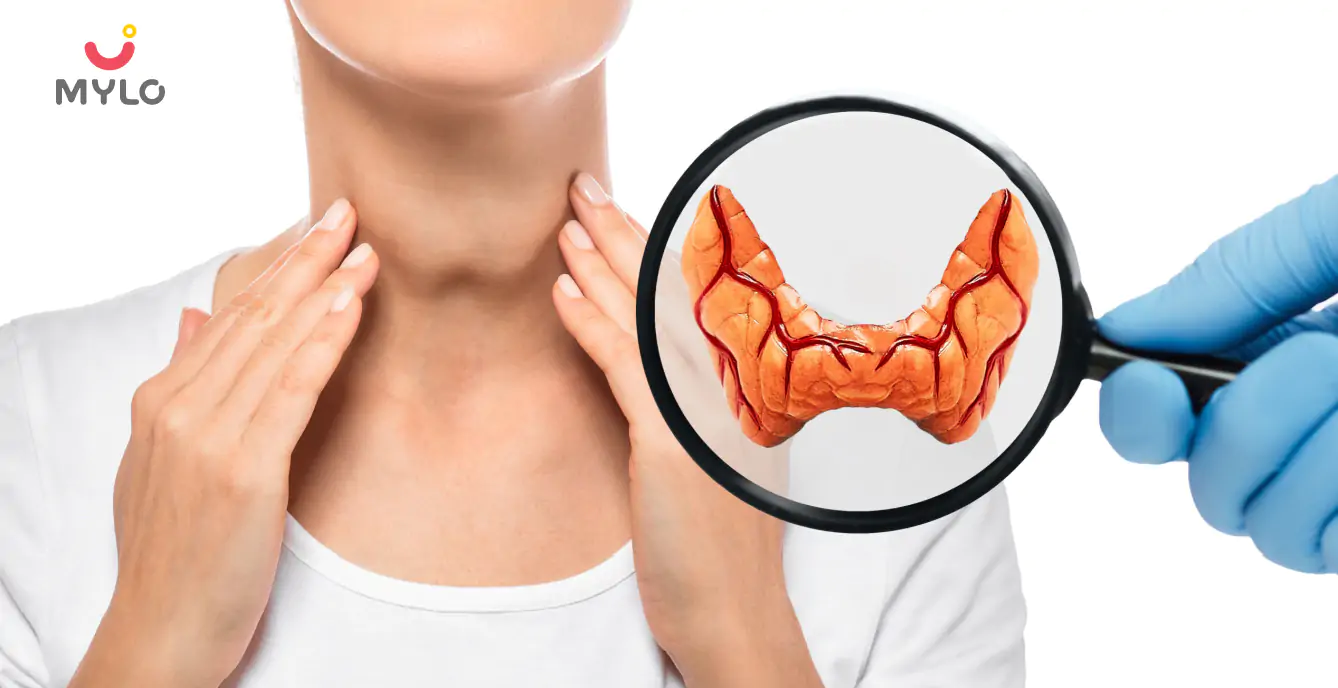
Diet & Nutrition
Navigating Hypothyroidism and Pregnancy: Tips for Expecting Moms

Diet & Nutrition
Top 10 Post-Holi Detox Tips to Cleanse Your Body

Festivals & Celebrations
Holi-Proof Your Skin and Hair with These 10 Natural Tips
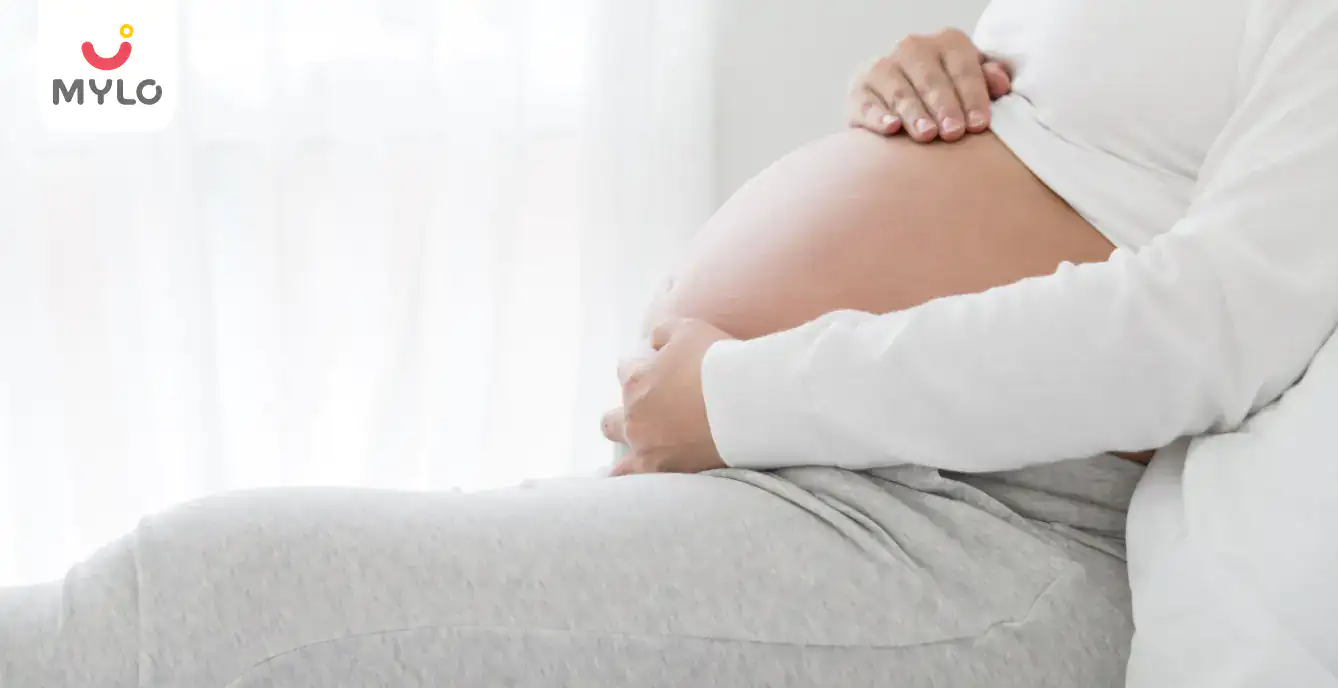
Placenta Abruption: Causes, Symptoms and Treatment

Festivals & Celebrations
8 Holi Dishes That Will Add Flavour to Your Holi Party
- Your Guide to Vitamin C: Benefits, Daily Requirements & Sources
- Foods to Eat & Avoid During the 8th Month of Pregnancy
- Safely Trimming Your Baby's Nails: A Step-by-Step Guide
- Leg Cramps During Pregnancy: Causes, Treatment And Home Remedies
- When is the best time to give your child cow's milk and how to make the switch easier?
- How to Handle Giving Birth to a Baby Alone?
- Can You Get Pregnant During Your Period?
- When to Make an Emergency Doctor Visit During Pregnancy?
- How to Help Your Toddler Overcome their Shyness?
- Piercing Your Baby's Ears: Risks & Precautions
- Which Food items to Include & Avoid During Third Trimester of Pregnancy for optimum nutrition?
- Breech Baby: Causes, Risks, Flipping & Delivery
- Everything You Need to Know About the Different Stages of Labour
- What are the Symptoms of Vitamin D Deficiency in Children?


AWARDS AND RECOGNITION

Mylo wins Forbes D2C Disruptor award

Mylo wins The Economic Times Promising Brands 2022
AS SEEN IN
















- Mylo Care: Effective and science-backed personal care and wellness solutions for a joyful you.
- Mylo Baby: Science-backed, gentle and effective personal care & hygiene range for your little one.
- Mylo Community: Trusted and empathetic community of 10mn+ parents and experts.
Product Categories
baby carrier | baby soap | baby wipes | stretch marks cream | baby cream | baby shampoo | baby massage oil | baby hair oil | stretch marks oil | baby body wash | baby powder | baby lotion | diaper rash cream | newborn diapers | teether | baby kajal | baby diapers | cloth diapers |



